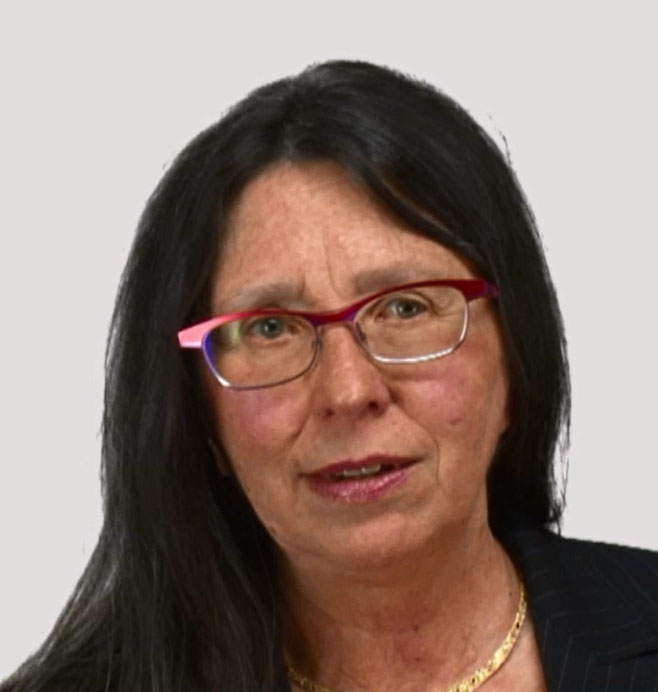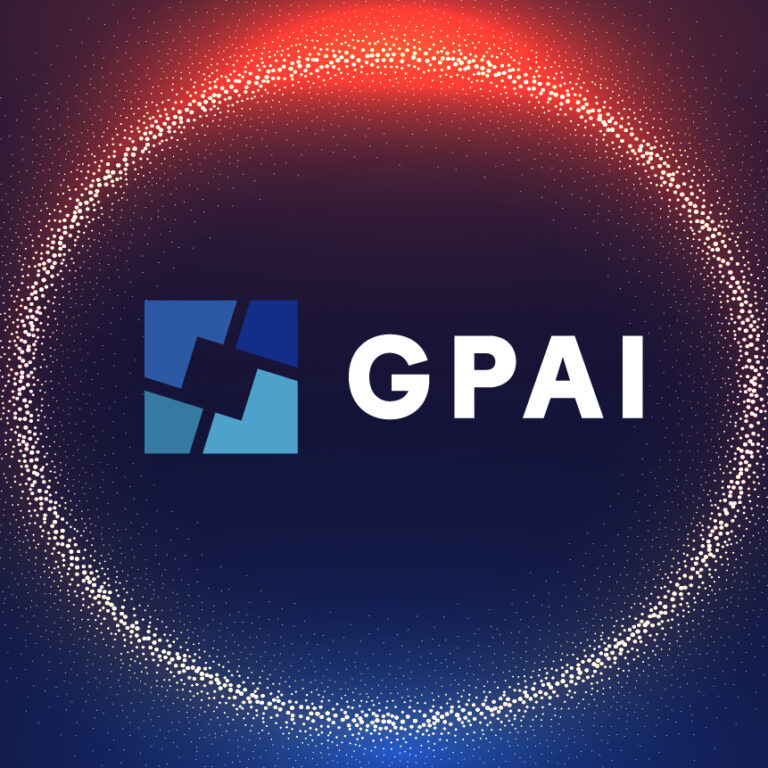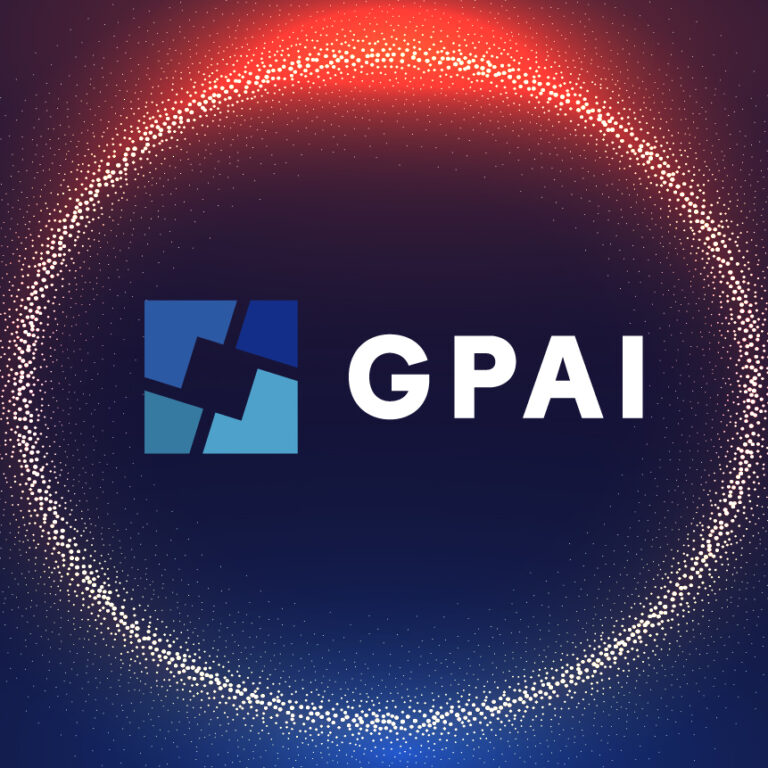Interview with Françoise Soulié-Fogelman, scientific advisor to Hub France IA and co-chair of the GPAI Innovation and Commercialization working group.
“Experts often face the same problems, but come up with different solutions”
What is the mission of your working group?
The mission of the Innovation and Commercialization Working Group is to investigate and recommend practical tools and methods that will enable private actors and research organisations to stimulate international collaboration in AI-related R&D and innovation. We are also committed to transforming research results into products and processes, and transferring these practical outcomes to industry in the hope that they will market them, particularly to SMEs. Our working group contains 35 experts and 12 observers from 20 countries, which gives it a very real strength, since experts often face the same problems, but contribute a range of different opinions and solutions on how to deal with them. Which makes for a much richer discussion!
Which projects have you been working on this year?
In 2021, our working group has focused on two projects: ‘Broad Adoption of AI by SMEs’ and ‘Protecting AI innovation and Intellectual Property (IP)’. The basic idea underlying the first project is that SMEs can gain a genuine advantage by using AI if only they can overcome the barriers to adopting this technology. The central aim of the project is to show SMEs with no prior understanding of AI how they can use this technology as a tool for improving their business. The innovation protection project is about helping startups that are creating AI products and/or services, and SMEs that are already using artificial intelligence, but which have limited in-house legal resources, to understand the key aspects of innovation protection as it applies to artificial intelligence.
So what are the major strands of this second project?
Unlike large corporations, startups working in AI do not have the resources to surround themselves with dedicated legal teams experienced in artificial intelligence. So with input from a number of observers, we’ve put together a user guide we call the IP Primer to give them all the basic legal information based on current practice in a number of different jurisdictions. To test whether the content of this guide meets expectations, we sent copies to seven selected AI startups around the world, accompanied by a questionnaire to gather their feedback. The revised first edition of the IP Primer will reflect the feedback we received from these businesses, which was generally very positive. Next year, we will begin work on drafting IP Expert, a more detailed guide that will address the challenges of protecting AI-driven innovation.



